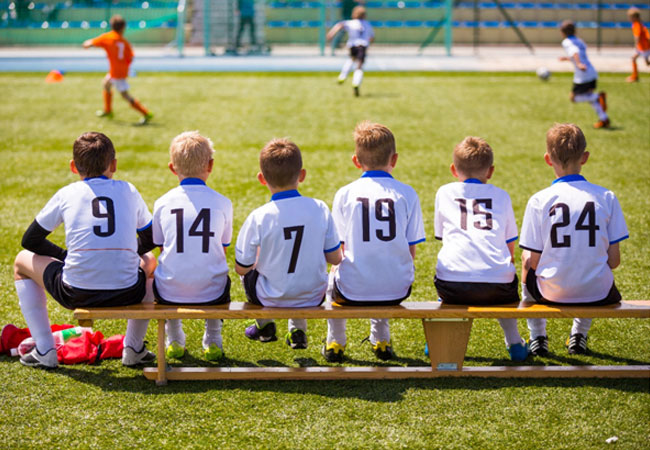Sports have always been an integral part of human life, providing not only physical benefits but also emotional and social development. In schools, athletic programs have been a staple of the education system for many years, and for good reason. Participating in sports has numerous benefits for students, both in and out of the classroom. In this article, we will explore the benefits of athletic programs in schools and how they can positively impact students’ lives. The Academic Benefits of Athletic Programs Boosting Skills, Discipline, and Student Success in Education.
Contents
Physical Benefits
The most apparent benefit of participating in sports is physical fitness. Athletic programs provide students with regular physical activity, which has numerous health benefits, such as reducing the risk of obesity, heart disease, and diabetes. According to a report by the Centers for Disease Control and Prevention (CDC), regular physical activity in childhood and adolescence is associated with improved bone health, cardiovascular fitness, muscular strength, and endurance. In addition to these benefits, participating in sports can also improve motor skills, coordination, and balance, all of which are crucial for overall physical development.

Emotional Benefits
Aside from physical benefits, participating in sports can also have a significant impact on students’ emotional well-being. Sports can help students develop confidence and self-esteem, which can carry over to other areas of their lives. Through sports, students can learn how to handle pressure and stress, build resilience, and develop a growth mindset. Moreover, participating in sports can provide a sense of belonging and camaraderie, which can reduce feelings of loneliness and isolation.
Social Benefits
In addition to physical and emotional benefits, athletic programs in schools also provide social benefits. Sports can teach students how to work effectively as part of a team, develop communication skills, and practice good sportsmanship. Participating in sports can also expose students to different cultures and perspectives, as they interact with other students from diverse backgrounds. Furthermore, sports can provide opportunities for leadership and community involvement, which can have a positive impact on students’ future academic and professional endeavors.
Academic Benefits
It might seem counterintuitive, but participating in sports can actually improve students’ academic performance. According to a study by the National Federation of State High School Associations (NFHS), students who participated in sports had higher grade point averages (GPAs) and lower dropout rates than those who did not participate. The study found that students who participated in sports were more likely to have higher attendance rates, better time-management skills, and greater motivation to succeed academically. Moreover, participating in sports can help students develop discipline, focus, and goal-setting skills, which can be applied to their academic pursuits.
Life Skills Development
Finally, participating in sports can help students develop important life skills that can serve them well throughout their lives. Sports can teach students how to set goals, manage time effectively, and work hard to achieve their objectives. Students can also learn how to handle failure and adversity, which are essential skills in life. Furthermore, sports can teach students how to develop a positive attitude, which can help them overcome challenges and persevere in the face of difficulty. The Impact of Athletic Programs on Education and Student Success.
Conclusion
Athletic programs in schools provide numerous benefits to students, including physical, emotional, social, academic, and life skills development. Participating in sports can help students develop a well-rounded skill set that can prepare them for success in all aspects of their lives. By providing athletic programs in schools, educators can help students achieve their full potential and create a positive and supportive learning environment.



